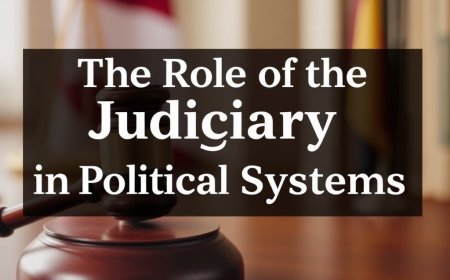Comparing Different Types of Government Systems

Government systems have been a cornerstone of human society for centuries, shaping the way we live, work, and interact with one another. With various forms of government in existence, it's essential to understand the differences between them. This article aims to provide an in-depth comparison of different types of government systems, including democracy, monarchy, and authoritarianism.
Democracy is a system of government where power is vested in the people, either directly or through elected representatives. It's characterized by free and fair elections, protection of individual rights and freedoms, and accountability of the government to the citizens. There are different types of democracy, including direct democracy, representative democracy, and constitutional democracy.
Monarchy, on the other hand, is a system of government where power is held by a single individual, usually a king or queen, who inherits the throne. Monarchies can be absolute or constitutional, with the latter having limitations on the monarch's power. While monarchies have been criticized for being undemocratic, some argue that they provide stability and continuity.
Authoritarianism is a system of government where power is concentrated in the hands of a single individual or group, often without regard for individual rights and freedoms. Authoritarian regimes are characterized by limited political participation, suppression of dissent, and a strong centralized government. While authoritarianism can provide a sense of order and stability, it's often associated with human rights abuses and limited economic opportunities.
In comparing these government systems, it's clear that each has its strengths and weaknesses. Democracy is often praised for its protection of individual rights and freedoms, while monarchy is criticized for its lack of accountability. Authoritarianism, while providing a sense of order, is often associated with human rights abuses. Understanding the differences between these systems is crucial in appreciating the complexities of governance and the challenges of building a fair and just society.
Furthermore, the effectiveness of a government system depends on various factors, including the country's history, culture, and economic conditions. For instance, a democratic system may not be suitable for a country with a history of conflict and instability, while an authoritarian regime may be more effective in maintaining order. Ultimately, the choice of government system depends on the values and priorities of the society.
In conclusion, comparing different types of government systems is essential in understanding the complexities of governance. By examining the key features and differences between democracy, monarchy, and authoritarianism, we can gain a deeper appreciation of the challenges and opportunities associated with each system. As we move forward, it's crucial to consider the context and needs of each society, and to strive for a government system that balances individual rights and freedoms with the need for stability and order.



















